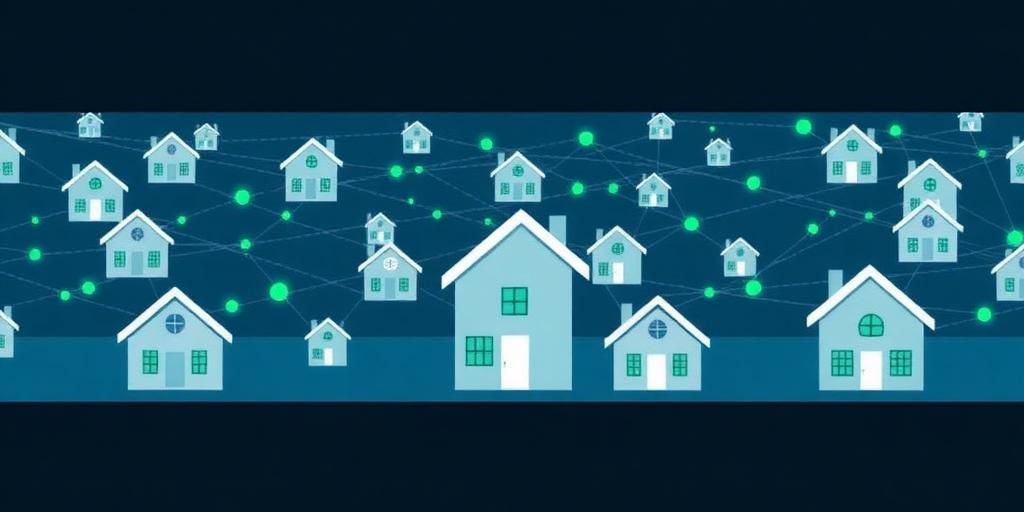Residential proxies are IP addresses provided by Internet Service Providers (ISPs) to homeowners. Unlike datacenter proxies, which originate from data centers, residential proxies make your internet traffic appear as if it’s coming from a real user's location. This makes them invaluable in various online activities where anonymity and location matter. This article unveils the inner workings of residential proxies and illuminates when to strategically employ them for optimal results.
How Residential Proxies Work
Residential proxies act as intermediaries between your device and the internet. When you use a residential proxy, your internet traffic is routed through the proxy server, which assigns you a new IP address. This IP address is associated with a physical location, making it appear as if you are accessing the internet from that specific area. This process masks your real IP address, protecting your privacy and preventing websites from tracking your online activity.
Key Features of Residential Proxies:
- IP Rotation: Residential proxy networks often provide IP rotation, automatically changing your IP address at specified intervals. This feature enhances anonymity and makes it difficult for websites to detect proxy usage.
- Geo-Targeting: Residential proxies offer geo-targeting, allowing you to choose an IP address from a specific country, region, or city. This is useful for accessing geo-restricted content, conducting market research, or verifying ad placements in specific locations.
- High Anonymity: Residential proxies offer a high level of anonymity, as they use IP addresses assigned to real users. This makes it difficult for websites to identify proxy usage, reducing the risk of being blocked or flagged.
When to Use Residential Proxies
- Web Scraping: Web scraping involves extracting data from websites for various purposes, such as market research or price monitoring. Residential proxies are essential for web scraping, as they allow you to bypass IP blocks and access data without being detected.
- Ad Verification: Ad verification ensures that your online ads are displayed correctly and reach the intended audience. Residential proxies enable you to verify ad placements in specific locations, ensuring that your ads are visible to the right users.
- Social Media Automation: Social media automation involves using bots or software to automate tasks, such as posting updates or following users. Residential proxies allow you to manage multiple social media accounts without being flagged for suspicious activity.
- E-commerce: Residential proxies are useful for e-commerce activities, such as price comparison or inventory monitoring. By using residential proxies, you can access pricing and product information from different locations, gaining a competitive edge.
- Bypassing Geo-Restrictions: Many websites restrict access based on location. Residential proxies allow you to bypass these restrictions, accessing content that would otherwise be unavailable in your region.
Residential proxies are powerful tools for maintaining online anonymity and accessing geo-restricted content. By understanding how they work and when to use them, you can leverage their benefits for web scraping, ad verification, social media automation, and e-commerce activities. As the internet landscape evolves, residential proxies will continue to play a crucial role in safeguarding privacy and enabling access to valuable online resources.









